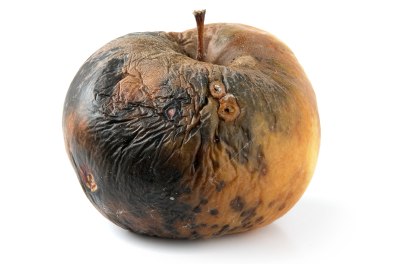Here’s a topic that has come up from time to time – the use of the word ‘alcoholic’ as a label.
Originally alcoholic was preferred to terms such as ‘drunkard’, ‘sot’, and the extravagant ‘dipsomaniac’. I’m told E.M Jellinek titled his landmark 1960 book The Disease Concept of Alcoholism out of concern that the term ‘alcohol addict’ was already too stigmatized in polite society. At the time, ‘addict’ was commonly reserved for people who were dependent on illegal drugs, such as heroin and methamphetamine.
In 1980, the term alcoholism was replaced in DSMIII by two separate designations, alcohol abuse and alcohol dependence. This seemed to further confuse things. DSM5 introduced another term entirely: Alcohol Use Disorder, or AUD.
DSM terminology is intended for use by trained professionals in the sometimes difficult task of differential diagnosis. The terms can pop up in far less sophisticated circumstances, however. Such as magazine articles, chat rooms, or on social media. It’s not a great idea, but so far, no one seems to have been able to prevent it.
Now for the other side: members of AA ordinarily refer to themselves as alcoholics. I suppose it’s possible someone could self-identify at an AA meeting as having a history of moderate-to-severe Alcohol Use Disorder, in remission, but that might draw a few funny looks.
Years ago, when I was very new to the field, a woman in the process of being admitted to detox warned me that the word ‘alcoholic’ was not to appear anywhere in her chart, or her attorney would sue us.
“Why?” I asked, genuinely confused.
“Because,” she said, teeth gritted, “I will not have people thinking I am some kind of alcoholic.” It’s a sentiment that seemed out of place in an acute hospital detox ward. Good thing I didn’t laugh, because she looked ready to punch me.
The stigma around the existence of alcoholism may have diminished over the decades, but I suppose some still clings to the term itself. More recently therapists have been advised by some instructors to avoid the term entirely. Here’s something from Psychology Today that might help explain their reasoning.
Never Call Someone an Alcoholic or Addict
It’s paradoxical, because there’s abundant evidence that someone can do very well in long-term recovery while continuing to label themselves (and be labeled by others) as alcoholic. Obviously, it’s not doing much harm. A longtime AA member explained to me that it was choice between running away from the label, as he’d done for decades, or deciding to embrace it. “I did it one way when I was drinking, and now that I’m not, I do the opposite.” Made sense to me.
For him, it was an expression of his changed reality. “When you put a name to something, you gain a certain degree of power over it,” a psychologist explained to us in a workshop. “It’s a way of becoming less fearful, and more openly committed to recovery. You’re no longer in hiding.” I understand that in terms of other stigmatized disorders. It was a way people had found to shed some of the shame that once dominated their thinking.
I’ll leave it to you to decide what’s best for you. It does strike me as odd that where one group fears the label will reinforce stigma, the other maintains that for them, it does just the opposite.












